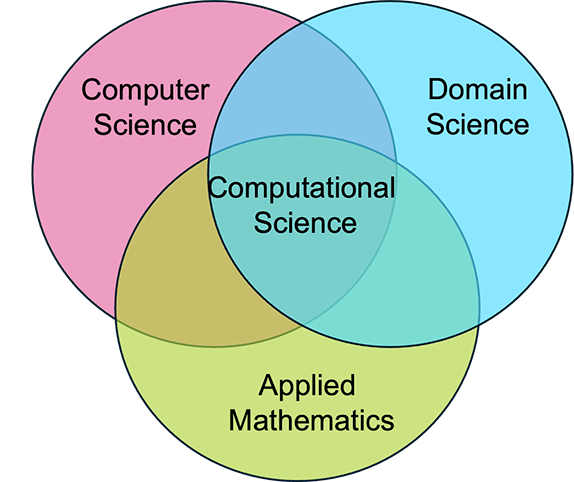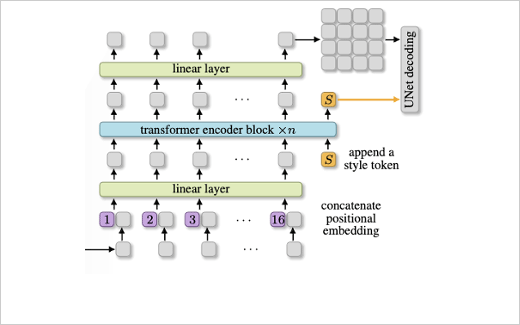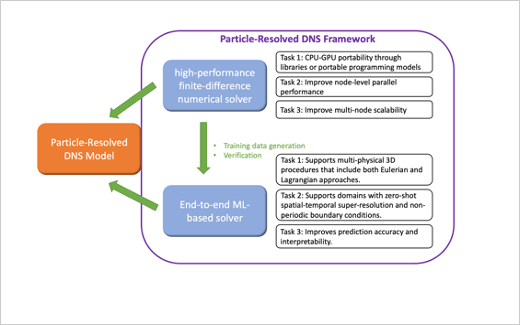Computing and Data Sciences
Advancing scientific discovery through cutting-edge computational solutions
Computing and Data Sciences leads innovative research at the intersection of advanced computing and scientific discovery. Evolving from a foundation in High Performance Computing (HPC) and data-driven discovery, the department now spans a broader mission: developing and deploying novel computational methods to solve some of the most complex scientific challenges of our time.
With deep expertise in scalable numerical algorithms, parallel programming models, and software engineering, our team supports an array of disciplines, including nuclear and high energy physics, materials science, climate modeling, biology, and beyond. Our work is central to national initiatives, allowing Brookhaven Lab to contribute to the design and optimization of high-performance software tools for large-scale heterogeneous computing systems.
Today’s computational science is being reshaped by transformative technologies, including artificial intelligence (AI), machine learning (ML), and quantum computing. Our department is actively integrating AI/ML into large-scale simulations and scientific workflows and accelerating discovery by enabling faster, data-driven models that augment traditional numerical methods. We are also pioneering research in using noisy intermediate-scale quantum (NISQ) computers for real-world scientific problems with a particular focus on error mitigation and hybrid quantum-classical approaches.
As computing continues to evolve beyond Moore’s law, Computing and Data Sciences will serve as a bridge between rapidly advancing computing technologies and the mission-critical scientific applications they empower.

We are constructing a GANs-based Cycle-Consistent Cross-Domain simulation augmentation framework to improve scientific simulations and better represent reality. We also are seeking ways to encode relevant physics conservation laws and symmetries into the framework while applying effective high-performance computing techniques for scalability.
Developing novel algorithms and techniques for addressing some of the most challenging problems in scaling lattice quantum chromodynamics (QCD) simulations for deployment on leadership-class computing facilities. Underpinning this project is a close collaboration with applied mathematicians from the SciDAC-5 FASTMath/PETSc institute.
This project is developing and implementing QC algorithms applicable for studying strongly coupled theories such as QCD in a regime where classical lattice simulations suffer from the fermion sign problem, including problems associated with astrophysical objects (e.g., neutron stars) and heavy-ion collisions.
For NWChemEx, Brookhaven Lab has been involved in the development of density functional theory capabilities, as well as atomic forces. In addition, the Lab has been working on the science challenge use cases to assess the code’s capabilities in biochemistry and catalysis applications.
This project addresses the computational bottlenecks of the PR-DNS models through two research thrusts: (1) use of large-scale heterogeneous high performance computing (HPC) systems, and (2) the development of novel machine learning-based PDE solvers to speed up PR-DNS simulations.
The High Energy Physics Center for Computational Excellence (HEP-CCE) is a multi-lab activity bringing new computational capabilities to bear in support of High Energy Physics science goals.









